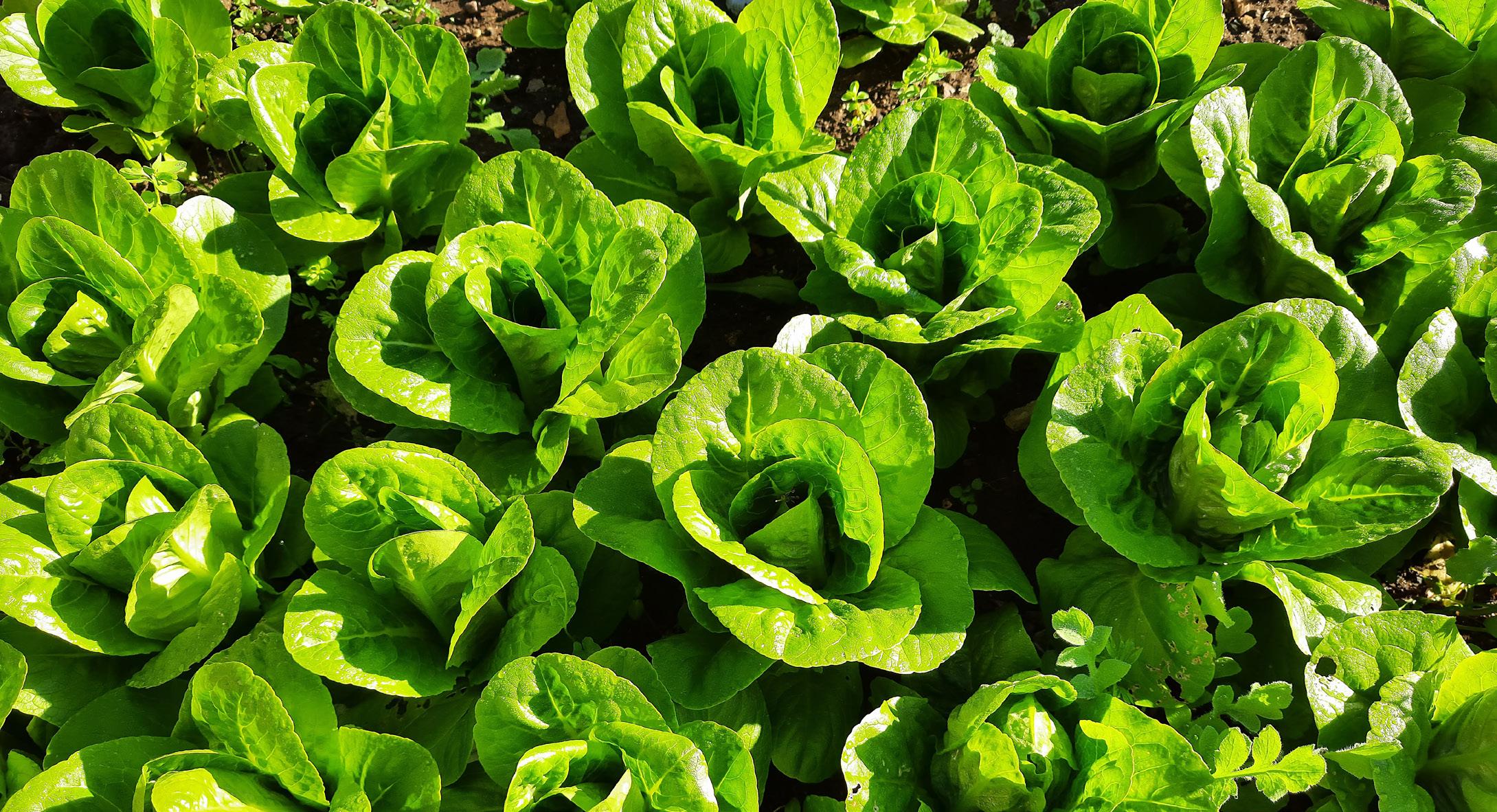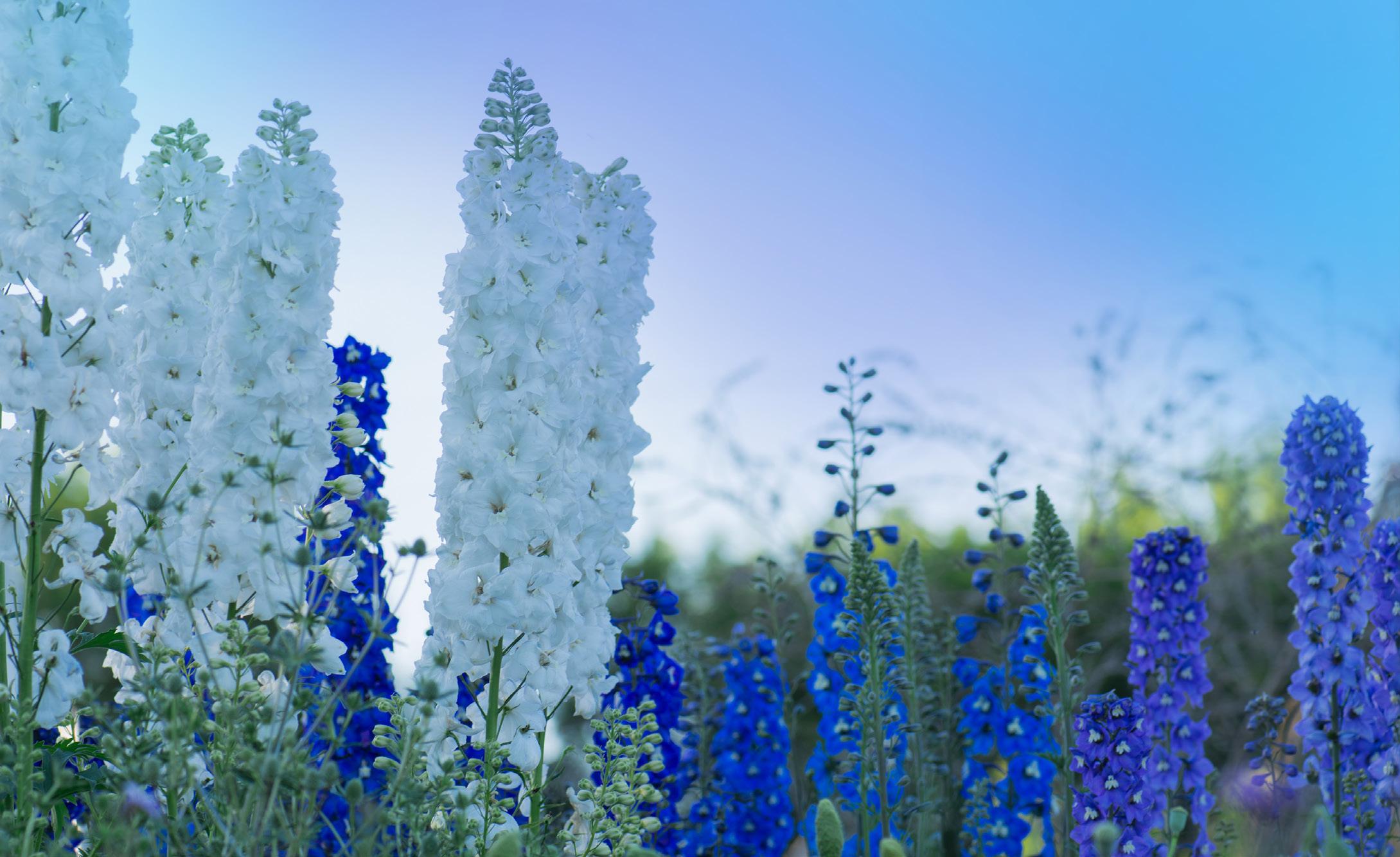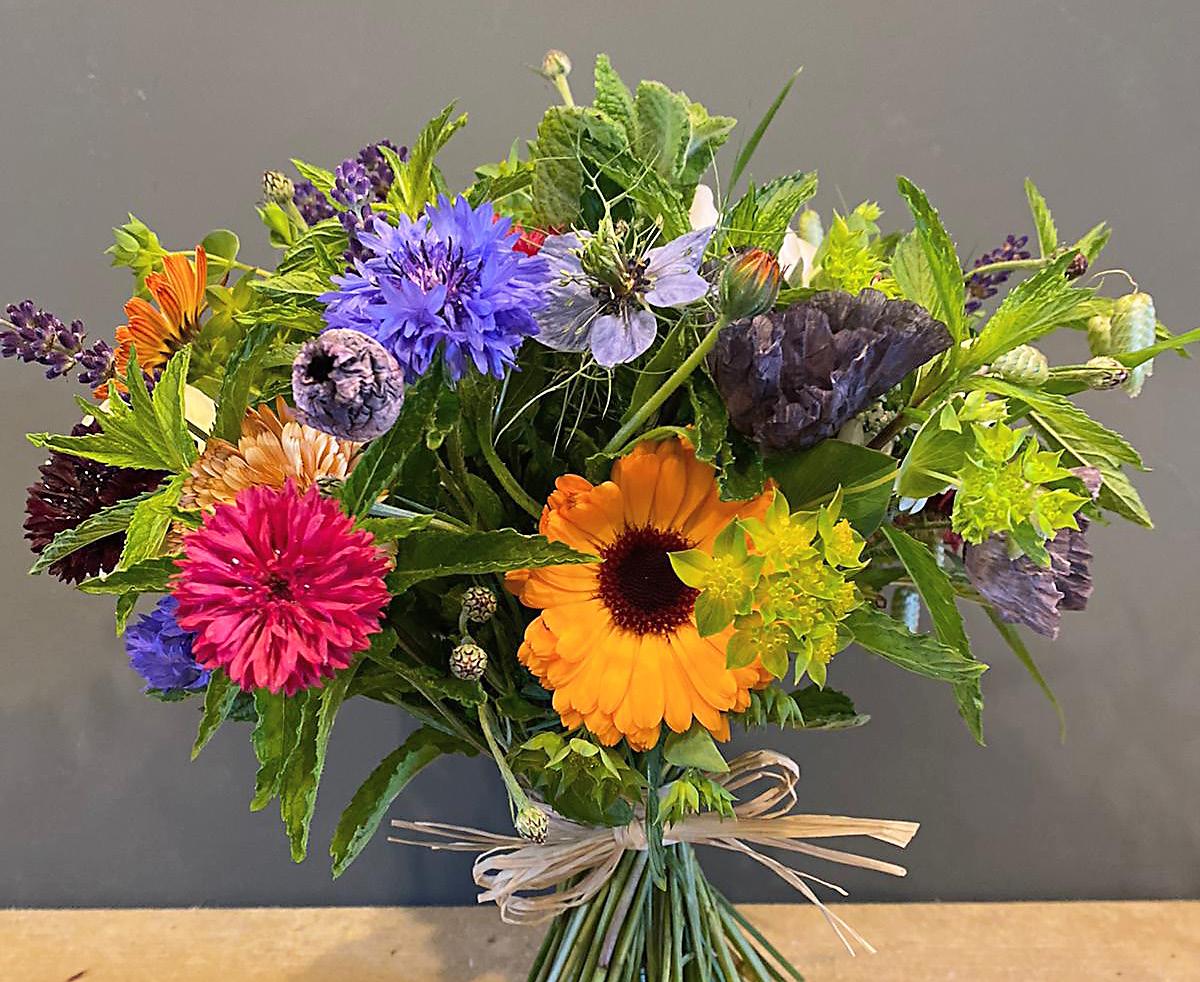
6 minute read
Garden Jobs
The Voice of The Allotment with Barry Cuff
It’s been a busy month - here’s how June worked out for us on the allotment
(all our vegetables are grown from seed in plug trays, modules and small pots):
May 30th - Plant out 48 Swift sweetcorn in a block. Plant out a block of lettuce.
June 1st - Plant against canes about 40 Moonlight runner beans. These are a white flowered variety which are less attractive to Sparrows. Weeding and watering. Sow into plug trays Cardinal broccoli. Now harvesting lettuce as required.
June 2nd - Plant out about 30 Safari dwarf French beans. Weeding and watering. Put straw under strawberries and then covered with a net to protect from Blackbirds.
June 4th - Plant out 10 Vert Petit de Paris gherkins. Dug first new potatoes (Foremost).
June 6th - Patched fourth line of Hurst Green Shaft peas with seedlings from plug tray. These were to replace those damaged by the Weevil before they emerged.
June 9th - Sow Witloof chicory, coriander, carrot and beetroot. Pick first sweet peas.
June 11th - Plant out 3 courgettes and 8 Winter squashes including 2 Crown Prince. Plant out 4 cucumbers against wire to give them support as they climb. Harvested Garlic (planted in November).Quite a poor yield this year.
June 13th - Picked first strawberries. A few were slug damaged. Planted a line of Cendis cauliflower. This is the variety that produced some very large curds last year, the largest weighed in at 3.7 Kg. Planted part line of Early Purple
Sprouting Broccoli.
June 14th - Gave potatoes 20 litres of water per line.
June 15th - Sow lettuce in a module (repeated each month for a succession of plants). Sow in plugs Medallion Spring
cauliflower and Traviata savoy cabbage.
June 18th - Some welcome rain. Weeding in the rain.
June 19th - Patched beetroot and carrot rows. Picked first broad beans.
June 20th - Plant out Cheesy
and Violetta di Sicillia
cauliflower. Plant out a block of Greensleeves celery. Dug more first early potatoes.
June 21st - RAIN!
June 22nd - Plant out Ironman calabrese and Natalino Romanesco.
Delphiniums are in the buttercup family (Ranunculaceae) and have been grown in the UK for centuries. The word delphinium comes from the Greek delphinos, meaning dolphin, probably because of the shape of the opening flowers. Their common name, larkspur, dates back to Tudor times.
Garden Jobs for July

Well... It is finally summer, and we should all find time to relax and enjoy the garden! Having said that, in between your tea-breaks, here are a few ideas to help maintain your garden in tip top condition!
Deadhead flower borders
regularly to prolong flowering. Leave roses that produce attractive hips.
Cut back delphiniums and
geraniums after the first flush of flowers to encourage a second flowering period. Feed after cutting them back.
Divide clumps of bearded iris
and take cuttings of patio and container plants ready for next year.
Cut back plants in baskets and follow by feeding to encourage new growth and help revive tired displays. Tender perennials such as Fuchsias are best propagated from cuttings. July is a great time as young plants root more easily, cuttings should be taken from the tender new growth for the season.
Liquid feed containerised plants and keep well watered in dry spells.
Mulching borders can help retain moisture, and keep down the weeds - this will save a lot of work. A really thick layer of mulch (2-3in all over) works best.
Autumn flowering bulbs can be planted now.
Most perennial weeds are best dealt with in the summer when the weeds are in active growth. Digging out is often best if you are trying to avoid using weedkiller.
Start collecting seed from plants you want to grow next year, especially Aquilegia Calendula, Poppy and Love-in-a-mist. Sow biennials such as Foxgloves, Sweet William and Wallflowers, Honesty and Forget-me-nots, to plant out in autumn for a stunning display next spring. Sow into large seed trays or a dedicated seed bed, then separate seedlings when large enough to handle.
Pest and diseases
Vine weevils can also be a problem at this time of year.
Watch out for aphids (greenfly and blackfly) and capsid bug damage on stems and leaves of young shoots.
Look out for and treat blackspot on roses and scab on Pyracantha.
Avoid pruning your hedges until the end of August at the
earliest if possible. The main breeding time for garden birds is between March and August so leaving the hedges can give them time to rear their young. Garden birds need all the help they can get!
Pete pete@shertonabbas.co.uk

Dorset Flowers
We’re very excited to have Charlotte Tombs, an experienced Dorset flower farmer at Northcombe Flowers in Sturminster Marshall, sharing her growing year and seasonal

For this particular special order, flowers were selected for scent, colour and ‘Britishness’: cornflowers, poppies, lavender and of course roses among the varieties used. image: Charlotte Tombs
So much excitement on the flower farm this week - Sweetpea Florist in Blandford placed an order with us hinting that there was a Very Important Person coming to Blandford. Her lips were sealed as to the recipient’s identity, she did however hint that she had designed and supplied flowers for this particular Royal before...
As you can imagine the weather forecast was checked then doubled checked - the conditions have to be right to pick flowers (like many other premium crops). First thing in the morning or at dusk once the sun is off them is preferable, and wind and rain are not good; which often make it a challenge in a British summer!
Flowers need to be hydrated and kept cool after picking, overnight is good as we strive for optimum ‘vase life’, the flower grower’s holy grail.
For this particular special order, flowers were selected for scent, colour and ‘Britishness’: cornflowers, poppies, lavender and of course roses among the varieties used. varieties of which are scented.
They were delivered to Sweetpea for Laura to work her magic - and Blandford Camp kindly provided a photo of the recipient (though no one managed to get one of her with the flowers!). *** I belong to a great organisation called ‘Flowers from the Farm’ which is an award winning membership association, supporting professional flower growers all over the country. With over a 1000 members we are gaining a strong voice in championing British flowers and enlightening the public who are increasingly aware of their food air miles but not flower air miles. The Flowers from the Farm growers are passionate about the flowers they grow, many
Did you know that some imported flowers have had the scent bred “...bring back memories out of them, of childhood, lost scents, evocative and focussing solely on appearance?
full of nostalgia. It
amazes me that the Many of the scent of the much loved sweetpea can transport flowers grown by the Flowers from the Farm you back decades.” growers bring back memories of childhood, lost scents, evocative and full of nostalgia. It amazes me that the scent of the much loved sweetpea can transport you back decades. It is possible to send flowers through the Flowers from the Farm website, they have a brilliant search feature where you type in a postcode and details of the growers in that locality will pop up.










